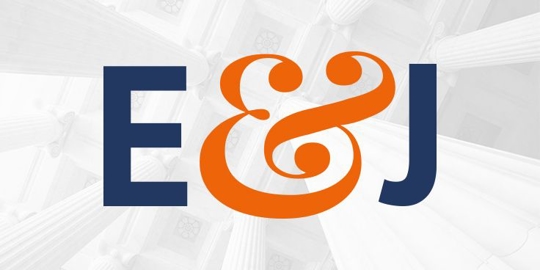Is it tax fraud or simply tax negligence? IRS investigators themselves may not know, say federal criminal defense attorneys with the Law Offices of Edwards & Jones Criminal Defense.
Chances are you’ve already received yours on your last payday or in the mail. W2s and other tax forms are arriving and, depending on whether they’re expecting a tax return or a tax bill, Americans are either anxiously awaiting or nervously stalling annual preparation of their taxes – and for good reason.
According to the IRS, 75 percent of all tax cheating is done not by greedy corporations, but by individual, mostly middle-income tax payers. In fact, IRS figures suggest a full 17 percent of all taxpayers are non-compliant with tax laws in one way or another. Yet, only about .0022 percent of all taxpayers were convicted of tax crimes each year over the past few years, representing an annual decline over the past decade.
Why so low a figure? Because many tax fraud accusations turn out to be simply cases of negligence instead. Tax negligence can happen in a range of ways including simple calculation mistakes entered on tax forms, or overstating or understating income or deductions. Such acts typically are unintended. Even willful actions are often difficult to substantiate, so they’re categorized by IRS investigators as negligence rather than tax fraud.
By comparison, willful tax fraud often involves using a false Social Security number, keeping multiple sets of financial records, claiming non-existent spouses as dependents, claiming non-existent or non-dependent children, and altering checks or using fake receipts to increase deductions.
Tax law is complex and it’s easy to make an unintentional mistake. That careless mistake, however, can land you a 20 percent penalty to your tax bill. If IRS investigators deem your mistake tax fraud, you could face a 75 percent civil penalty.
The law between tax negligence and tax fraud can be unclear, even to IRS officials and courts. If you find yourself facing a tax fraud charge, contact an experienced federal criminal defense lawyer with Gainesville’s Law Offices of Edwards & Jones Criminal Defense at (352) 329-3632.

